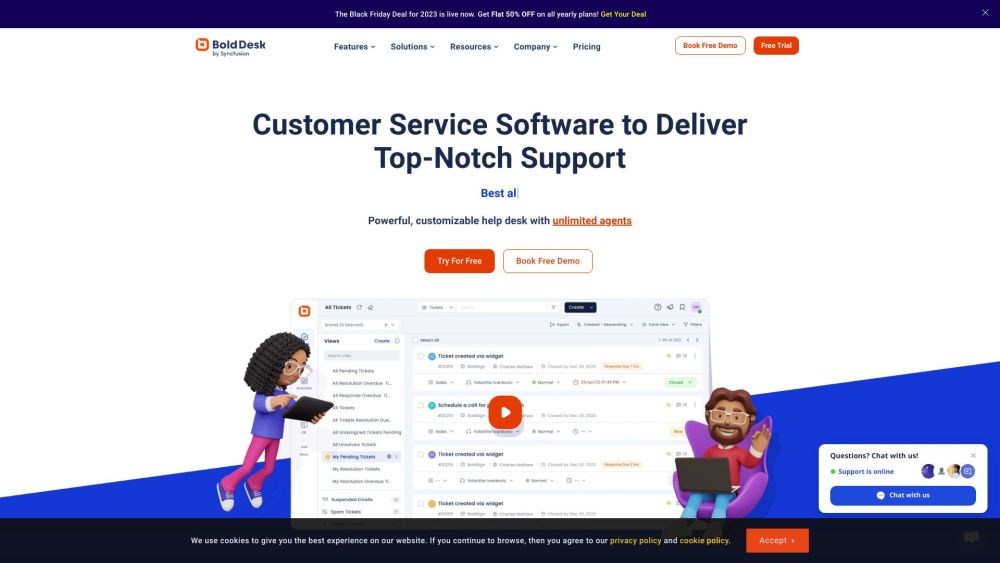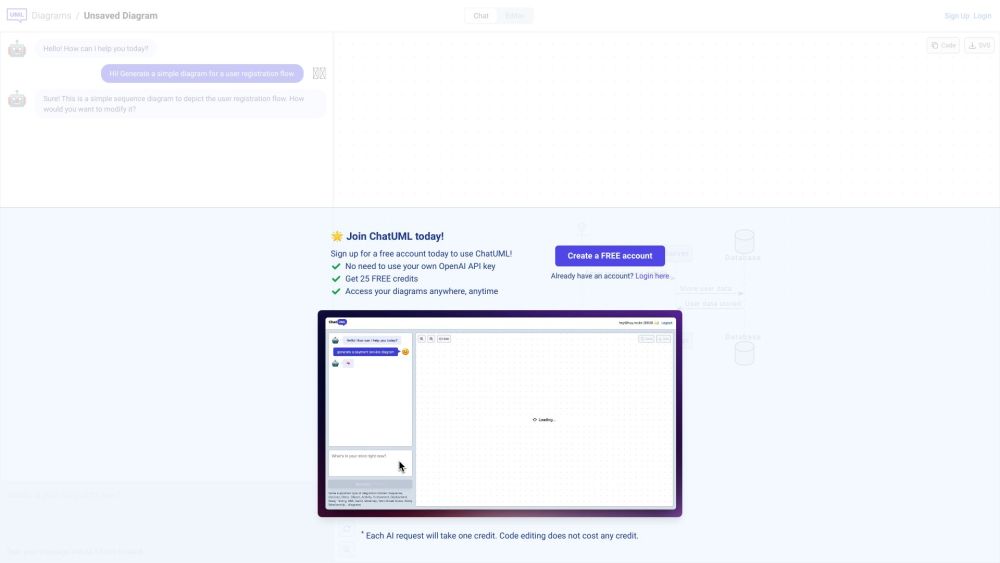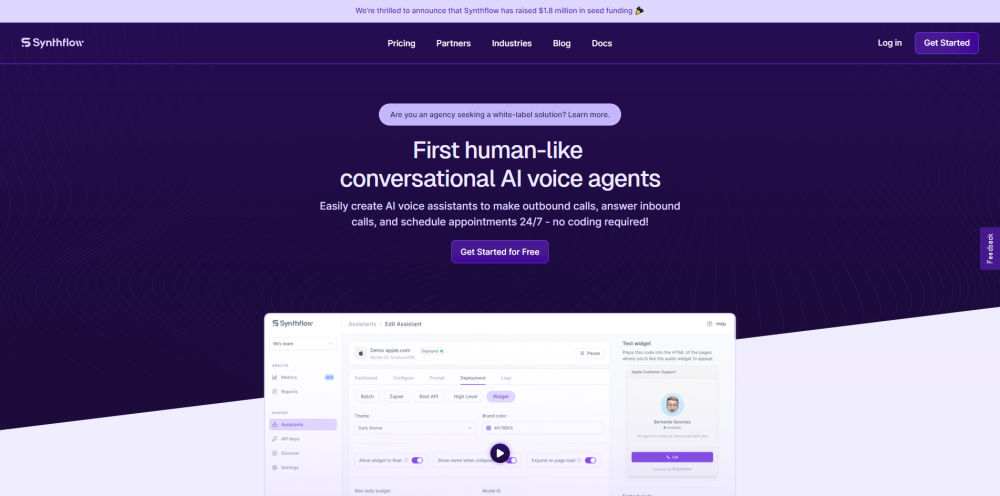Gradient, a startup empowering developers to build and customize AI applications in the cloud using large language models (LLMs), has officially launched with $10 million in funding. This funding round was led by Wing VC, with contributions from Mango Capital, Tokyo Black, The New Normal Fund, Secure Octane, and Global Founders Capital.
Co-founded by Chris Chang, Mark Huang, and Forrest Moret, Gradient aims to transform the enterprise landscape by tapping into the potential of LLMs like OpenAI’s GPT-4. The trio, previously involved in AI product development at major tech companies including Netflix, Splunk, and Google, realized that for organizations to fully exploit LLMs, a robust method for integrating proprietary data was essential.
“Teams have traditionally concentrated on refining a single, general-purpose model, which existing solutions typically support,” Chang explained in an email. “Managing multiple models was often too complicated. However, depending solely on one model is limiting and compromises task-specific performance.”
To address this, Gradient was designed to facilitate the deployment of specialized and fine-tuned LLMs at scale. The cloud-based platform allows organizations to develop and implement thousands of LLMs within a unified system, as stated by Chang.
With Gradient, customers do not need to train LLMs from the ground up. The platform offers various open-source LLMs, including Meta’s Llama 2, which users can fine-tune according to their requirements. Additionally, Gradient features models tailored for specific tasks like data reconciliation, context-gathering, and paperwork processing, spanning industries such as finance and law.
Gradient can host and deliver models through APIs, similar to Hugging Face and CoreWeave, or deploy AI systems within an organization’s public cloud environment, including Google Cloud Platform, Azure, or AWS. In both scenarios, clients maintain complete ownership and control over their data and trained models.
“Current development barriers in AI are excessively high,” Chang stated. “Creating high-performance, custom AI is often inaccessible due to the intricate infrastructure setup and the costs involved in model development. While many businesses recognize the potential of AI, they often struggle with implementation complexities. Our platform significantly simplifies the process of harnessing AI for business applications.”
You may be wondering—what distinguish Gradient from other startups developing tools to connect LLMs with internal data? And how does it compare to other companies already providing LLM customization services? It's a valid inquiry.
For instance, Reka has recently launched to assist businesses in creating custom LLM-powered applications. Writer enables customers to fine-tune LLMs based on their content and style guides. Companies like Contextual AI, Fixie, and LlamaIndex are also working on tools that allow clients to integrate their data into established LLMs, while Cohere specializes in training LLMs to meet customer specifications.
They are not alone. OpenAI and major tech players like Google (via Vertex AI), Amazon (via Bedrock), and Microsoft (via Azure OpenAI Service) provide a variety of model fine-tuning tools.
Chang argues that what sets Gradient apart is its capability to allow companies to “productionize” multiple models simultaneously. The platform is designed to be cost-effective, charging users only for the resources they utilize, with larger clients having the option to opt for dedicated capacity.
Even if Gradient is not vastly different from its competitors in the LLM development space, it stands to gain from the surge in interest in generative AI, particularly in the realm of LLMs. According to Crunchbase, nearly 20% of total global VC funding this year has been directed towards the AI sector. PitchBook anticipates the generative AI market will reach $42.6 billion in 2023.
“Gradient simplifies the development of complex AI systems that use multiple 'expert LLMs,'” Chang noted. “Our approach ensures that AI systems consistently deliver optimal performance for each specific task, all from a single platform. We designed it to make it easy for teams to deploy specialized LLMs tailored to their unique challenges effectively.”
Currently, Gradient is collaborating with around 20 enterprise clients, collectively serving thousands of users. The company's immediate objective is to expand its cloud infrastructure and increase its workforce from 17 to 25 full-time employees by year's end.




